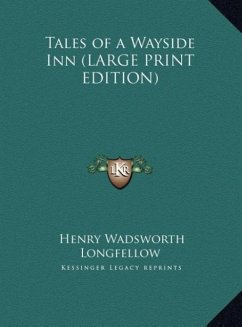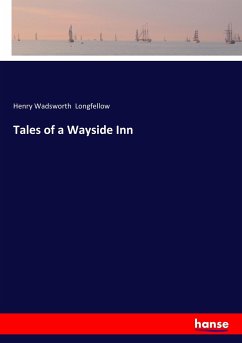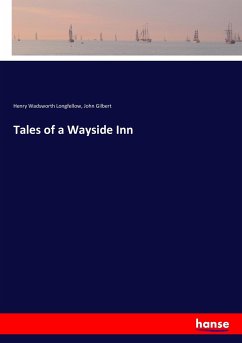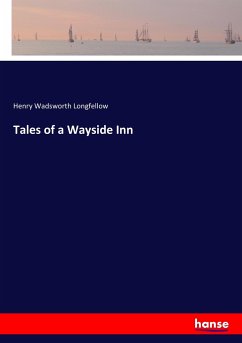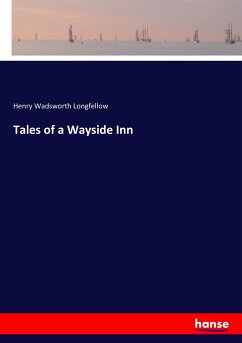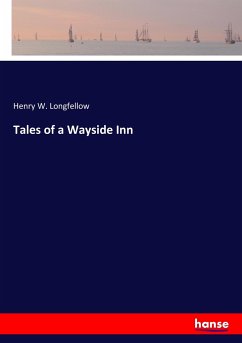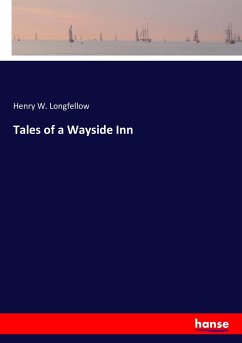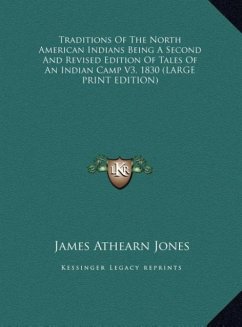(LARGE PRINT EDITION) 1872. Probably the best loved of American poets the world over is Henry Wadsworth Longfellow; he is loved for his gift of easy rhyme written with a natural grace and melody centered around themes with universal appeal. Longfellow's Wayside Inn in Sudbury, Massachusetts, originally known as Howe's Tavern, was the inspiration for Longfellow's widely read book of poems, Tales of a Wayside Inn. He based his works on a group of fictitious characters that regularly gathered at the old Sudbury tavern. Lyman Howe was the character featured in The Landlord's Tale, and where Longfellow penned the immortal phrase listen my children and you shall hear, of the midnight ride of Paul Revere. See other titles by this author available from Kessinger Publishing.

